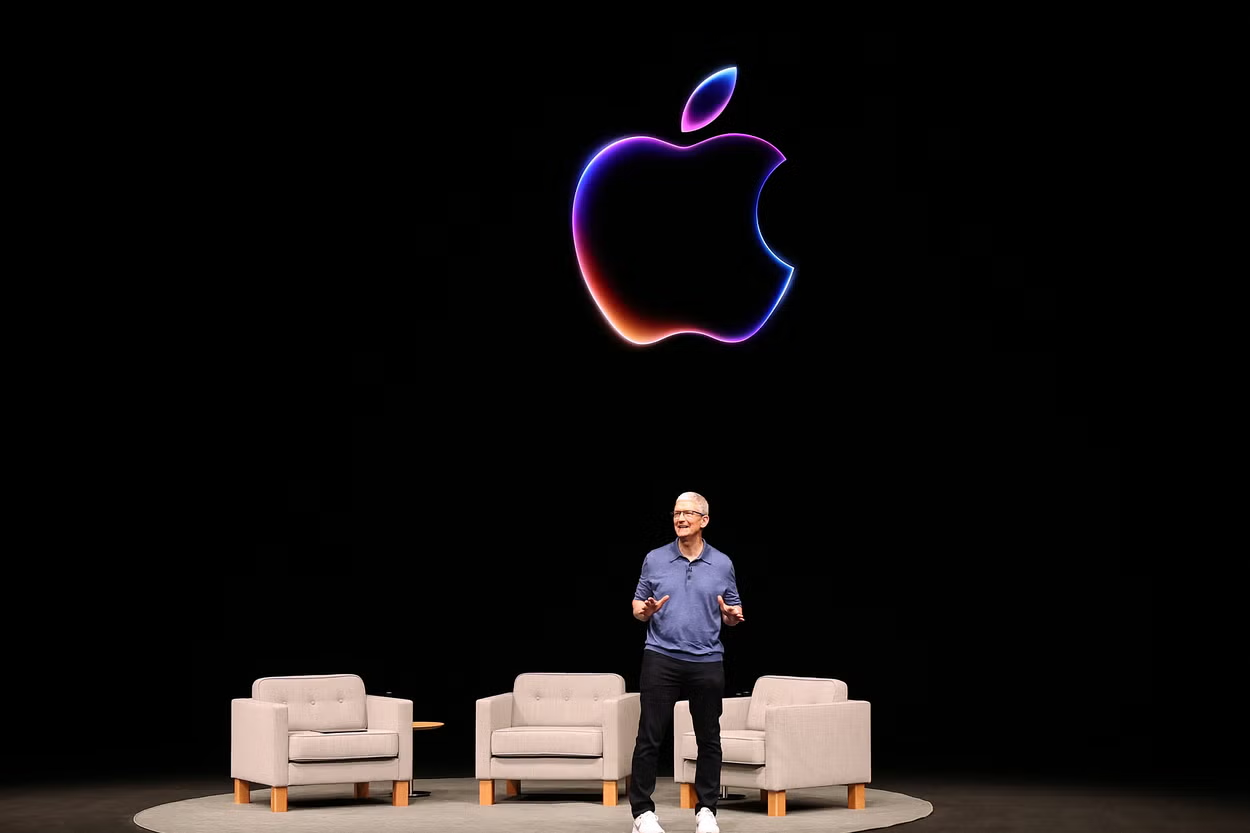In the increasingly murky world of artificial intelligence, Apple AI training practices are quietly emerging as the gold standard of ethical compliance, at least according to Apple itself. As legal and public scrutiny rises against major tech firms for scraping online content without permission, Apple has taken a different route, one that places transparency and publisher consent at the centre of its AI development strategy.
Unlike rivals who are now facing lawsuits for copyright violations, such as OpenAI, Microsoft, and even upstarts like Perplexity.ai, Apple claims it does not train its models on data obtained through unauthorised scraping. Instead, the company insists that Apple AI training only uses licensed materials, public datasets, and openly accessible content that hasn’t been blocked via robots.txt files.
This ethical stance is part of a broader branding play as Apple prepares to compete in a crowded generative AI market, one increasingly defined by its controversies as much as its innovation.
Why Robots.txt Is the New Battleground for AI Ethics?
Apple’s internal system, Applebot, is central to how it curates training data. By respecting the decades-old robots.txt protocol, something many AI firms reportedly ignore, Apple asserts that it gives publishers precise control over what content is used. This is in contrast to research from analytics firm TollBit, which found that in Q1 2025 alone, 13% of AI-related scrapes ignored robots.txt rules, up from 3.3% the previous quarter.
The implications are enormous. When an AI bot bypasses these directives, it’s not just breaking etiquette; it may be violating intellectual property rights. That’s why Apple’s insistence on voluntary compliance with these protocols has drawn praise in some quarters, even as critics remain skeptical.
Yet, despite its careful positioning, Apple is not immune to market pressure. Rumours of its interest in acquiring Perplexity.ai, an AI search company already accused of unethical scraping, have cast some doubt over how long Apple AI training will remain above reproach.
Still, the company’s research paper makes one thing clear: it wants to be seen as different. In a tech landscape full of blurred lines and legal gray zones, Apple is betting big that doing AI “the right way” could become a competitive advantage.
Also, see:
Pakistan Air Force Shines at RIAT 2025 With Dual Honors in UK Air Show
